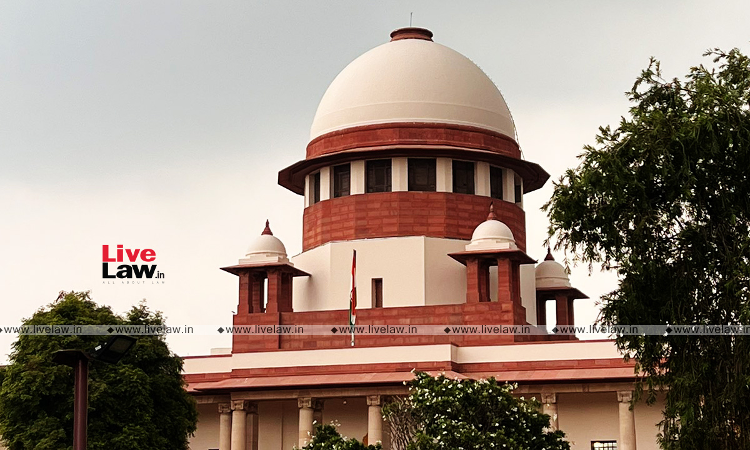The Supreme Court on Monday sought responses of the Ministry of Health and Family Welfare, the Ministry of Women and Child Development and the Indian Council of Medical Research in a petition challenging certain provisions of the Assisted Reproductive Technology (Regulation) Act, 2021, the Surrogacy (Regulation) Act, 2021 and related rules. A Bench of Justices Ajay Rastogi and Justice...

